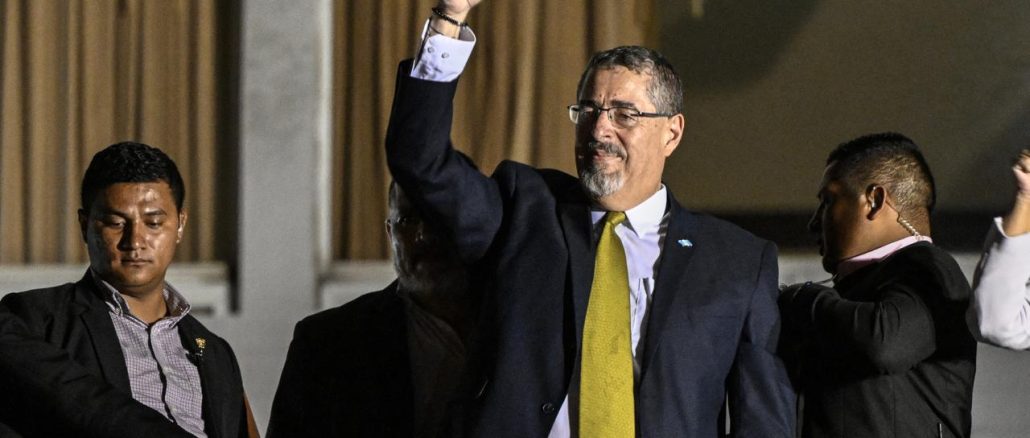
Bernardo Arévalo secures victory in Guatemala
With 99 percent of the votes counted, it is almost certain that Bernardo Arévalo will be the new president of Guatemala. He promises to “cleanse institutions” of corruption. His victory is a surprise, as many other opposition candidates were successfully prevented from running.
Arévalo has so far received 58 percent of the vote. His rival and former first lady Sandra Torres comes to 37 percent. With the election of the ex-diplomat and son of a former president, many voters hope that years of corruption and authoritarianism will come to an end.
Challenges ahead for the new president
Guatemala is struggling with violence and food shortages, resulting in an increase in emigration. Guatemalans now make up the largest group of Central Americans seeking entry to the United States.
Dozens of prosecutors, judges, and journalists have already fled the country. Arévalo aims to ensure that those committed to the fight for justice return to Guatemala.
If Arévalo is sworn in as the new president on January 14, he will face a congress over which his party has no control.
Resistance from the established political power
Like other opposition candidates, Arévalo’s Semilla party faced challenges during the election period. For example, the official results were postponed when Arévalo surprisingly finished second in the first round of voting in June.
Opponents claimed “irregularities” and briefly suspended Arévalo’s party at the request of a prominent prosecutor, but the ban was overturned by the Supreme Court.
Political challenges are not over
Political analyst Risa Grais-Targow suggests that the attacks from political opponents are not yet over. She expects those in power to continue targeting election officials and Arévalo’s Semilla party with investigations ahead of the January change of government.
Outgoing Conservative President Alejandro Giammattei congratulated Arévalo on his victory. Giammattei had previously promised to ensure an orderly vote and transfer of power.
The election process has been closely monitored by the international community, considering previous attempts to disqualify Arévalo and his party from running. So far, there have been no reports of violence or disorder at the polling stations.
Despite Arévalo’s victory, many Guatemalans remain skeptical. In recent years, the government has expelled investigators from a UN-backed anti-corruption organization and targeted judges and individuals fighting against corruption.

Be the first to comment